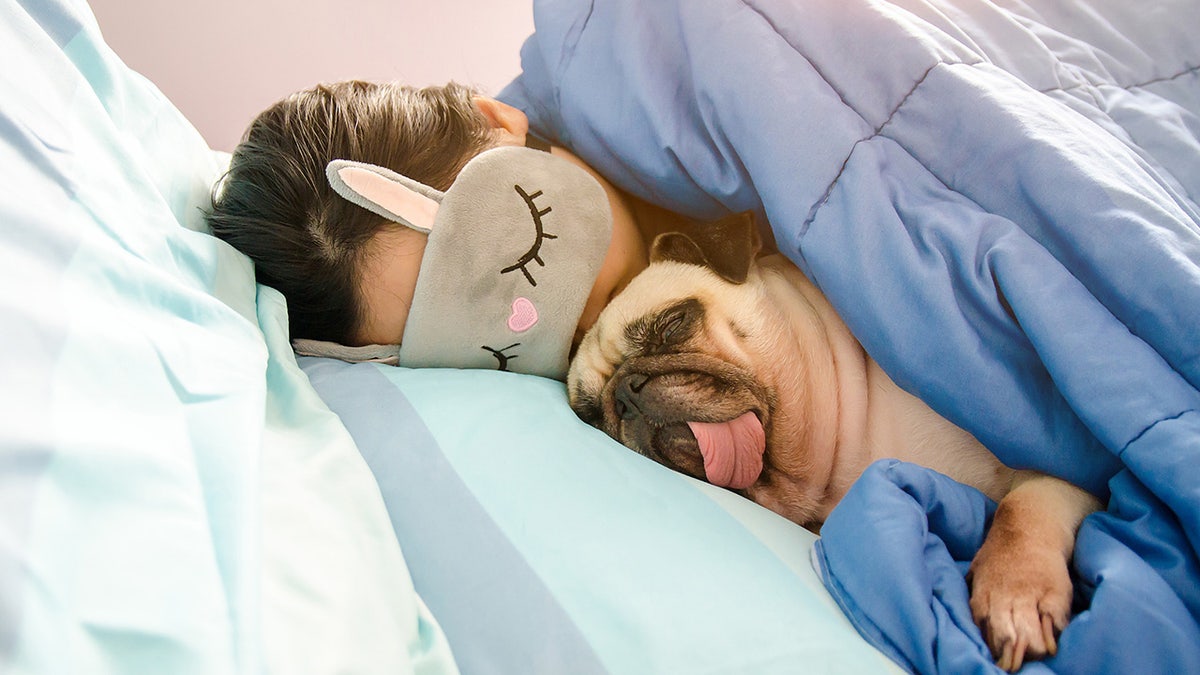Sleep is known to have amazing health benefits – but how much shuteye is too much?
The answer isn’t so straightforward, Dr. Chris Winter, a Virginia-based neurologist and sleep medicine specialist with Mattress Firm, told Fox News Digital.
“This is to some degree an impossible question to answer,” he wrote.
TO IMPROVE YOUR SLEEP, DO THIS ACTIVITY BEFORE BED, EXPERTS SUGGEST
As with food and other lifestyle factors, Winter explained that the ideal amount of sleep is a “dynamic range.”
Sleep durations exceeding 11 to 12 hours might prompt concern, the expert said. (iStock)
“What is too much food for me might be an amazingly inadequate amount for an Olympic swimmer,” he said as an example.
For the average adult, sleep durations exceeding 11 to 12 hours would be considered “too much” and would start “prompting questions about sleep quality and sleep consistency,” Winter said.
‘NAPUCCINO’ TREND: CAFFEINE BEFORE A NAP COULD BE KEY TO BETTER SLEEP
While getting too little sleep can cause many negative effects, an excess of slumber can pose risks like sleep inertia, which is the feeling of grogginess that occurs after sleeping in for too long.

The sleep specialist recommended catching up on sleep when there’s been a deficit. (iStock )
“For many individuals, it’s less about ‘too much sleep’ and more about compensatory sleep,” he said.
“In other words, you got inadequate sleep during the week and are trying to ‘make up’ for the lost sleep on the weekend.”
For more Health articles, visit foxnews.com/health
Sleeping too much on a regular basis is more a reflection of “inadequate sleep quality” overall, Winter said.
CLICK HERE TO SIGN UP FOR OUR HEALTH NEWSLETTER
Even so, the expert recommends catching up on sleep when there’s been a deficit.
“Studies have shown that if you pay that sleep debt back quickly, it probably keeps the deficit from impacting your health,” he said.
Sleeping too much on a regular basis is more a reflection of “inadequate sleep quality” overall, the sleep doctor said. (iStock)
“While it should never be Plan A, making up lost sleep via napping or sleeping in, when possible, can be a good fallback plan.”
Although some studies have suggested negative health outcomes from both inadequate and excessive sleep, Winter emphasized that it’s better to get too much sleep than not enough.
CLICK HERE TO GET THE FOX NEWS APP
“Trying to create consistency in sleep is important, too,” he said.
“Sleeping a different seven hours every night is not nearly as healthy as sticking to the same seven hours night after night.”
The Centers for Disease Control and Prevention (CDC) recommends that adults get between seven and nine hours of sleep per night.